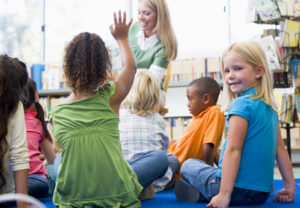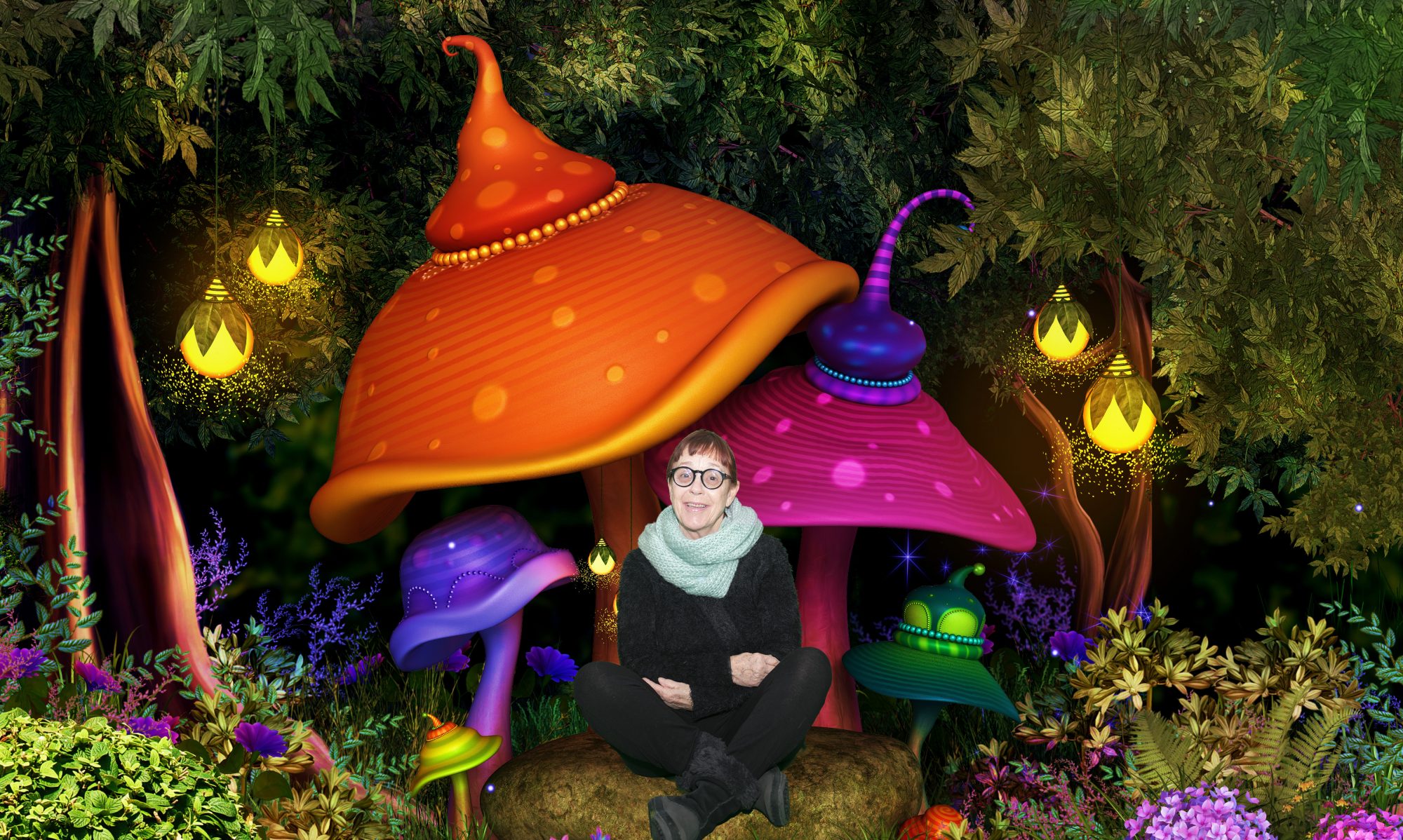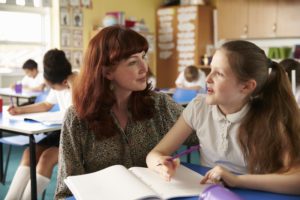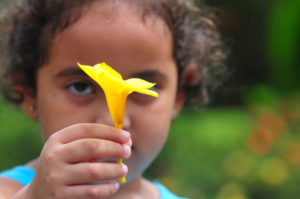 I have provided tuition for hundreds of students over the last 20 years and one thing that stands out is the success of small group tuition.
I have provided tuition for hundreds of students over the last 20 years and one thing that stands out is the success of small group tuition.
Why is this?
This is what I think is happening:
- Children are social creatures and they love to know others have difficulties as well.
- Problem solving, interpersonal and conversation skills are difficult to teach without a group context.
- Students bounce their ideas off each other and when we share ideas, writing, ways to solve maths problems etc they enjoy learning about other perspectives.
- There is plenty of opportunity for humour in a group as well as discussing common problems without necessarily identifying the person who is having the difficulties.
- Language is best learned in a social context with plenty of opportunities for oral interactions and fast feedback. Literacy is literally built on a base of talk!
- In a group context we can play many learning games and we know learning increases when children are relaxed and play games.
- Quite a few of our students, (some who have great difficulties making friends,) have made firm friends withi the group.
- A group can have rituals and traditions. We always say our motto, acknowledge custodians of the land, do some Brain Gym, review previous session’s learning and set new goals. We call this time THE GATHERING and if we miss it the children are pretty annoyed! They love this sense of community.
4-8 children works well for small group learning. Many more and children don’t get much attention. Many less and there is not enough interaction.
I found this blog post from a UK tuition company quite interesting and it expands this topic a little further:
Call us on 92777596, 0409911135 or email victoriacarlton@iinet.net.au for more info about Victoria Carlton Programs.




